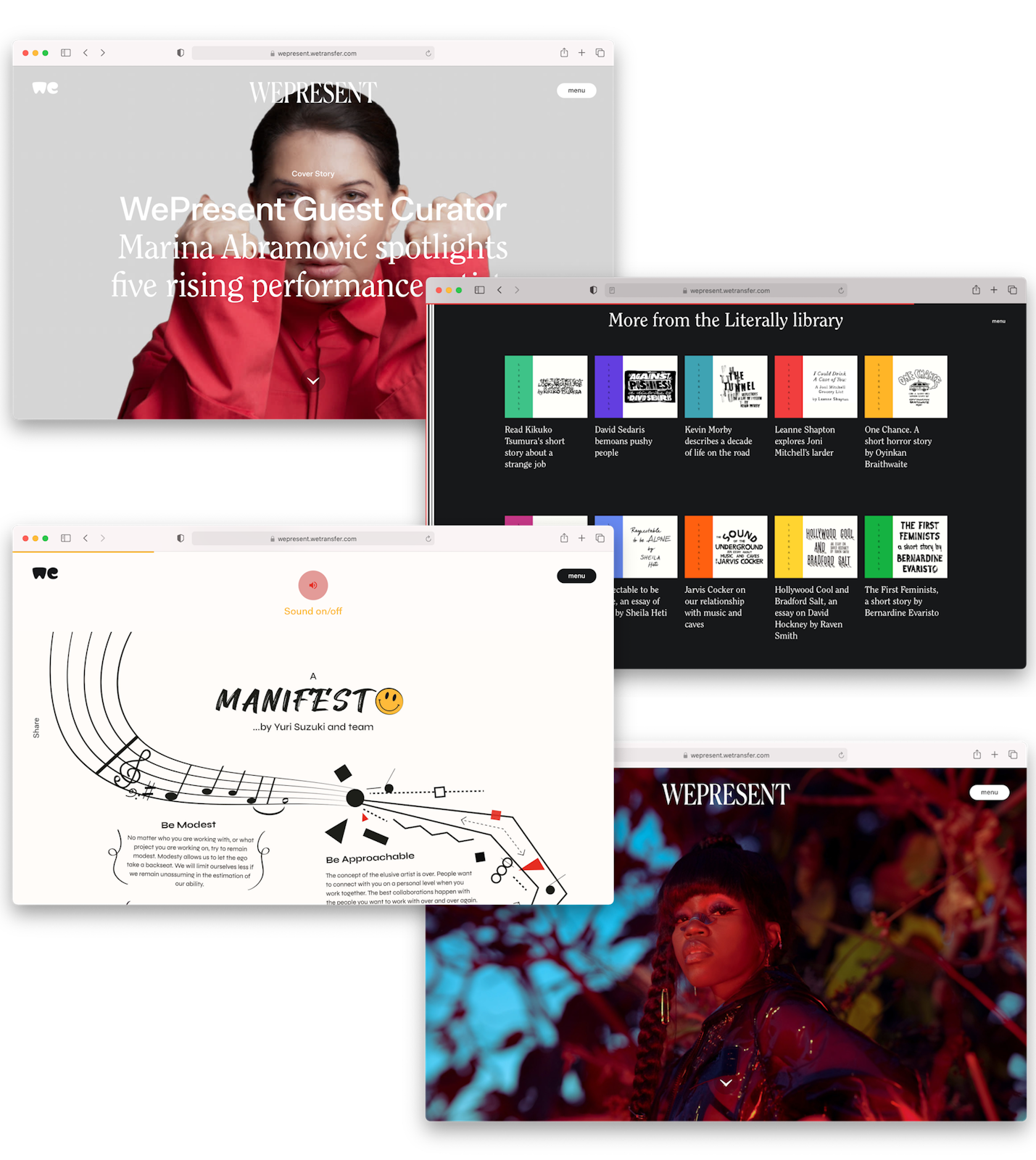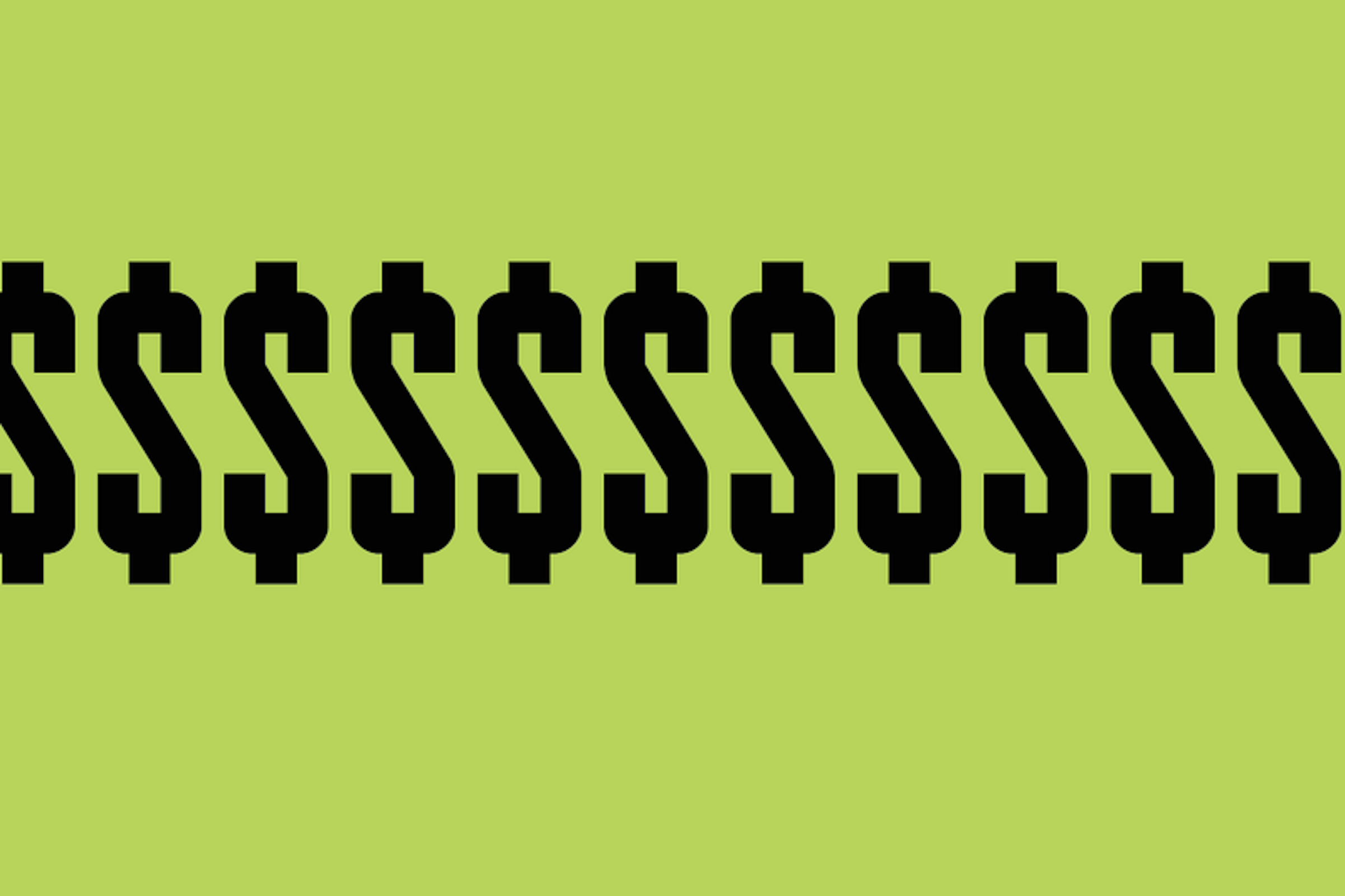Age is not a timeline for success: Tori West on making money and battling self-pressure
When it comes to the early years of freelancing, building up a reputation and client demand can take time. And yet, the realities of how creatives make money during slower months can often be hidden away – far from the curated perfection of a social media profile. But for BRICKS magazine editor Tori West, this cagey tendency is only adding to pressures on young creatives.
Captured folding towels and disinfecting surfaces in bright yellow Marigold gloves, Tori West recently shared the details of her casual cleaning work in an Instagram post. In contrast to the writerly or fashion-filled scene you might expect of her role, it was a defiant reminder that the career details we choose to publicise are often limited to the glossy triumphs.
“We need to stop believing that everyone has their shit together because their Instagram is well curated,” she wrote, reminding her followers to “stop seeing your age as a timeline for how successful you should be.”
Since Tori founded independent, intersectional feminist publication BRICKS in the final year of her fashion communication degree, she has worked in full-time, contracted and freelance roles to support the pursuit. Here, in her own words, she shares her experiences with money and the pressure to get ahead.
The reality of running an independent magazine
“My journey with earning has been very up and down since graduating five years ago. Alongside BRICKS, I’ve worked full-time, then went freelance, but I’ve struggled massively with earning money from my business. The majority of my work with BRICKS isn’t monetised; I rely on the odd brand partnership to keep it afloat, so the ratio of how much I earn from different income streams varies each month.
Fashion magazines are associated with luxury, so there’s this expectation that your lifestyle automatically comes with a lot of disposable income and designer clothing, when in reality, we’re balancing freelance jobs to make ends meet. I know a few independent magazine publishers who run their magazine alongside working full-time at a mainstream title.
My income is 0% from BRICKS, then I’d say 60% comes from my cleaning job and the remaining 40% is through freelance writing. I’ve been lucky in that I live with my partner, which makes my rent much more affordable, but I’ve never been in a position to save money from my income. I’d love to change that by the end of this year, and to have at least paid off all my overdrafts.
Money highs and lows
I think my toughest financial moments have come when people haven’t stuck to their invoice payment times. I’ve been in some terrible situations when I’ve had to live off £40 in London for almost three weeks because people just don’t pay on time. Now I’ve learnt to send reminders a week before the payment is due, and I’m no longer scared to keep emailing once it’s overdue and they’re ignoring the request. For BRICKS projects, I won’t work on anything unless I get 50% of the payment upfront, to avoid the catastrophe of not being able to pay other people’s invoices.
In contrast, I’d say my highlight with earning as a creative has been when I’ve achieved a healthy balance. This will involve getting the right project fit for job satisfaction, but also getting a healthy budget, so everyone can be paid fairly. My one rule is to never take on work that I can’t learn something from.
“One of the main triggers for my anxiety and depression is financial uncertainty.”
Finding freelance calm in a side job
One of the main triggers for my anxiety and depression is financial uncertainty, so I often question why I put myself through being freelance. After months of stress, my partner mentioned that perhaps it would benefit me to have some extra work stability.
Someone recommended me this cleaning app, which works in a similar way to Uber. You work on a zero-hour contract, so can pick up shifts last-minute, even on the same day, then you’re paid the following week. Sometimes I can wait for up to 60 days with some of my freelance invoices, so having the option to clean and be paid within a week is ideal.
I also find cleaning so therapeutic, I often clean my house if I feel too stressed out with work, then come back to it after I’ve calmed down. Cleaning has also helped me get off my phone; for my two-hour sessions, I’m not worrying about deadlines, re-checking emails, or taking calls.
The pressures of social media and age stereotypes
One thing I’ve always said about social media is that no one is posting their failures. Freelancers and those in the creative industry use Instagram as a way to post their achievements and successes, as it’s how they get work. A lot of freelancers see Instagram as their CV. It’s almost as if we’re losing the ‘social’ part of our profiles, which is why I try my best to make mine as honest and realistic as possible.
I’m scared that if we continue to only post our achievements, it will pressure creatives into constantly churning out new work. I worry that we’ll stop making art and content for ourselves, and instead it will just be to keep up appearances and impress others.
“We tend to measure our success with the self-pressure to obey ageism.”
We need to stop seeing age as a timeline for success
This is something I started saying because I was bored of creatives always saying things like, “If I don’t earn a good living from my work by the age of 25, I’ll give up because it’s too late.” We tend to measure our success with the self-pressure to obey ageism, and that works both ways.
I’ve seen young people stuck in junior roles due to their age, while older people with no experience are employed above them, justified because they couldn’t comprehend starting a 35-year-old on a junior role with a junior salary. Then I’ve seen the most talented creatives in their late-20s wanting to give up because they feel inadequate to gen-Z creatives.
We all work at our own pace; we’re allowed to have a change of heart and mid-career change. It’s ok if your uni friends have achieved more or quicker than you. We’ll all have our time, we just have to keep at it in order for it to come.”
...
bricksmagazine.co.uk
instagram.com/toriwest
Tori started BRICKS in her final year of her degree at UWE, as a way to tackle the hierarchy embedded within fashion publishing. Created out of a desire to work in an environment she didn’t feel intimidated by, BRICKS provides young people with opportunities for their ideas, not for privilege.
Interview by Indi Davies
Mention Tori West



